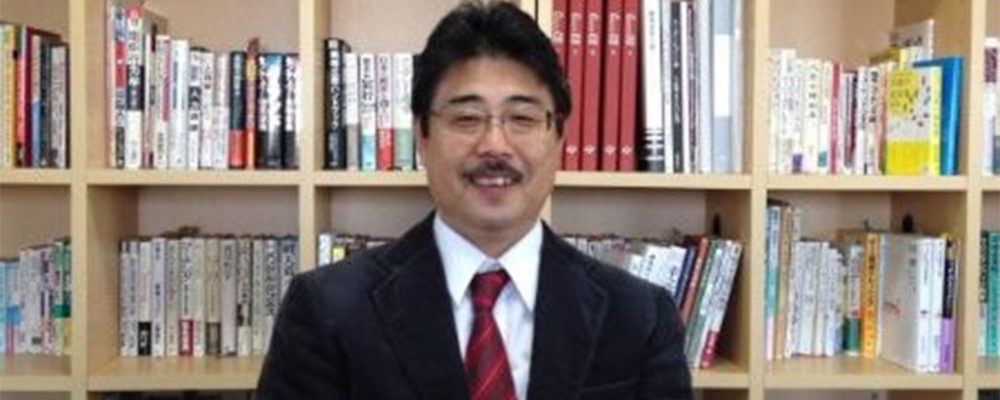Like so many other countries around the world, Japan is facing a time of turbulence as a result of Covid-19. Amid this uncertain and unpredictable scenario, our most fundamental leadership skills shall be tested. With that in mind, allow me to provide you with some insights on what I consider to be the current shape of leadership thinking in Japan.
There are four essential points to take away from how my country has approached the crisis.
1. Everyone has a part to play
We have re-confirmed the validity of the concept, ‘Leadership Belongs to Each Citizen’. It is not the sole preserve of the Prime Minister of the country or company leaders. Leadership and management are moving outwards and expanding to a ‘Whole Society’ model. We do not think only of our own organisations in terms of how and why we lead and manage – we look out across Japan’s entire social fabric for the resources we need.
2. Decision making must accelerate
Harnessing the Whole Society model will be a crucial step towards solving one of our country’s main problems – namely, how to speed up decision making within our democratic system. It is important for us to consider and resolve this challenge as quickly as possible. If necessary, we should develop a new democratic style to help our decision-making processes to become more efficient.
3. We must cast a wide net to solve problems
In the past, we were encouraged to view ‘Selection and Concentration’ as an important, driving force of business strategy. However, it is now clear from Japan’s experience of the pandemic that we must change this thinking and shift our focus to ‘Dispersion and Inclusion’ – making use of remote workforces and involving people.
4. Knowledge sharing is key
Moving from concentration to dispersion has already produced significant benefits – for example, it is more eco-friendly and people are able to choose where they want to work if they are doing so digitally. On the other hand, it becomes more difficult to pool organisational wisdom – so we need to enhance leaders’ skills to enable them to gather knowledge more effectively in this era of dispersed teams. It is not merely a system of connecting humans to other human. It depends upon strong communication skills.
Leadership for inclusion fulfils the same function as gathering good wisdom for the benefit of society as a whole.
Seigo Sakai is managing director of the Tokyo-based Can-Do Corporation, and a strategic trainer with leadership development consultancy Adair International. Get your FREE seat to hear his insightful webinar during International Leadership Week here.

